The National Day holiday, traditionally a busy time for restaurants in China, could see poor performance amid a wave of food quality controversies, the South China Morning Post reported on October 5.
A week ahead of National Day, a heated exchange between a prominent businessman and one of the country's most popular restaurant chains has drawn widespread attention to cost-saving practices in the food industry.
The incident began on September 10, when online influencer Luo Yonghao criticized the popular Xibei restaurant chain, claiming that the meals served contained processed foods sold at high prices.
Mr. Luo has used his platform to call for mandatory menu labeling for dishes that are not made to order, attracting millions of comments about transparency and food quality at restaurants across the country.
Mr. Jia Guolong, founder of Xibei, quickly hit back, asserting that the restaurant chain only offers "pre-processed" items and opens kitchens at nearly 400 stores.
But under closer scrutiny, videos of restaurants using packaged and frozen ingredients have gone viral, further bolstering Mr. Luo's complaints.
With millions of people online, many restaurants across the country fear the controversy will cut into their already tight profit margins and reduce customer traffic during the busiest time of the year.
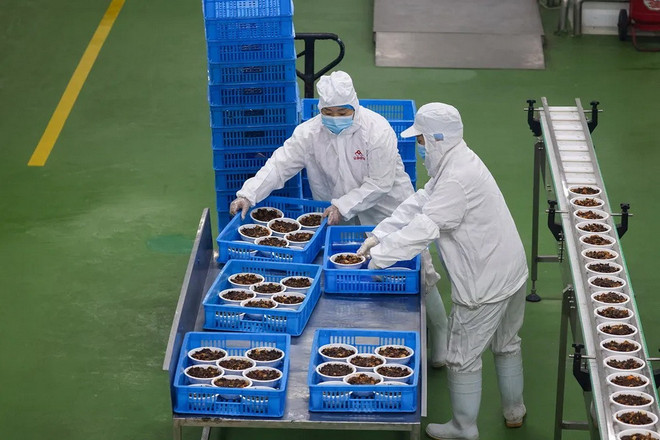
From January to August, China's National Bureau of Statistics reported that the catering industry's revenue reached 3.6 trillion yuan ($505.2 billion), up 3.6% year-on-year. But in 2024, the bureau's annual growth rate for the same period was 6.6%, and the figure for 2023 was 19.4%.
This year, the National Day holiday coincides with the Mid-Autumn Festival, extending the holiday into an eight-day "golden super week" that is expected to bring profits to Chinese restaurants.
But weeks after the initial wave of protests, social media continued to buzz with posts about the processed foods, attracting hundreds or thousands of comments criticizing restaurants deemed to be in violation.
The Xibei restaurant chain also appears to have taken direct action in response to consumer discontent. Multiple Chinese media outlets have reported that Xibei restaurants nationwide have reduced prices on some dishes by 20-40%.
Despite the protests, more and more people are turning to ready-made meals as a quicker and more convenient source of food.
Per capita consumption has increased from 5.4kg in 2013 to 9.1kg in 2022, with a market value expected to reach 475.7 billion yuan ($66.8 billion) this year, according to China Fortune Securities.
Not all Chinese diners are eager to embrace the trend, however. A poll by the New Express news agency found that a third of 70,000 respondents would never eat processed food, with more than 40% demanding clear labelling.
Loopholes in regulations make such labeling a challenging proposition as China lacks national standards for these foods.
A March 2024 notice from China's State Administration for Market Regulation defined them as "pre-packaged food products made from agricultural materials" that need to be "heated or cooked before eating." However, binding rules on safety or labeling have yet to be developed.
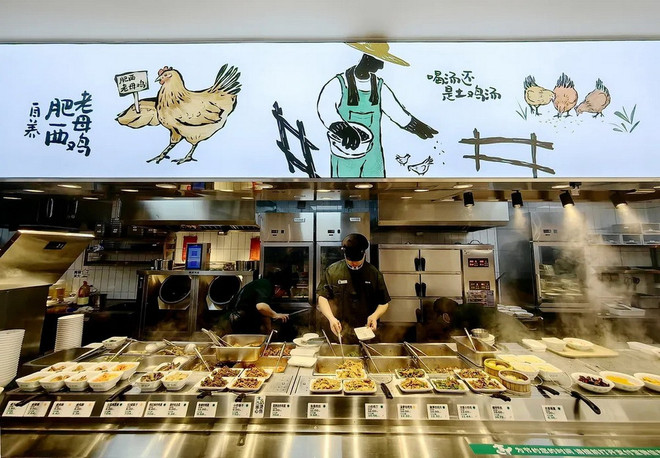
China's State Council Food Safety Office said on September 21 that it would speed up the implementation of labeling standards and rules for restaurants, responding to public concerns, although it did not give a specific timeline for the process.
Wu Yi, a restaurant investor in Guangdong province, said that processed foods are not inherently bad, but are a reaction to new economic realities.
“Changes in Chinese households and the economy mean that ready-to-eat meals will become more popular,” he said. “Restaurant chains need consistency and cost control, delivery platforms need faster turnaround times and higher margins, and smaller families and younger consumers value convenience.”
But some consumers are still frustrated with the trend. “I went to a restaurant recently and found that many of the freshly cooked dishes were gone. Only the pre-cooked dishes were left. Honestly, it was no surprise that the restaurant closed,” said a diner named Qiu Rui in Guangzhou.
In the food industry, the upcoming holiday season will be a test of consumer sentiment, as businesses of all types learn to adapt to changing preferences for quality, transparency and value.
“What consumers are really dissatisfied with is not the processed foods, but the high prices they pay for them. With limited incomes, their presence in high-end restaurants causes a special sensitivity,” said Mr. Wu Yi./.
Source: https://www.vietnamplus.vn/cac-nha-hang-trung-quoc-chao-dao-truoc-lan-song-phan-doi-thuc-pham-che-bien-san-post1068302.vnp


![[Photo] Opening of the 13th Conference of the 13th Party Central Committee](https://vphoto.vietnam.vn/thumb/1200x675/vietnam/resource/IMAGE/2025/10/6/d4b269e6c4b64696af775925cb608560)
















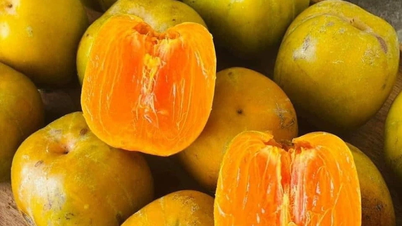






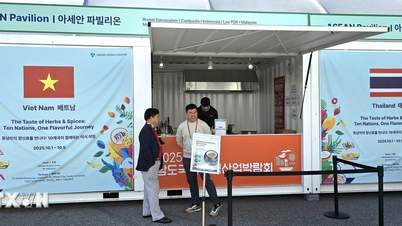




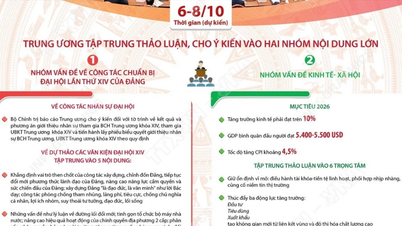
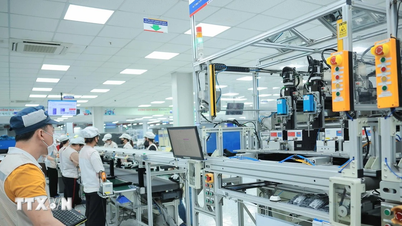
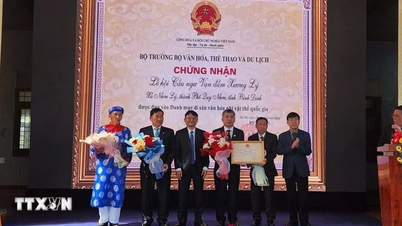
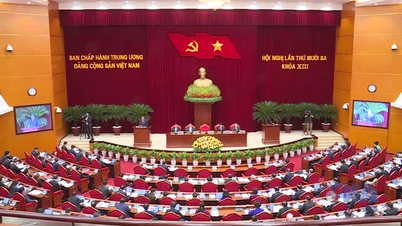












































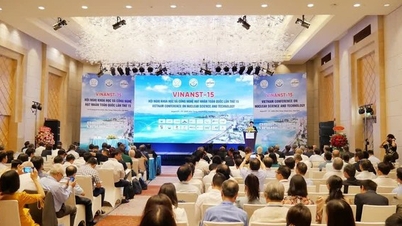






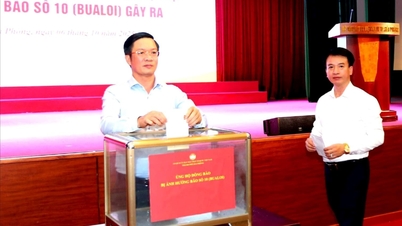



















Comment (0)